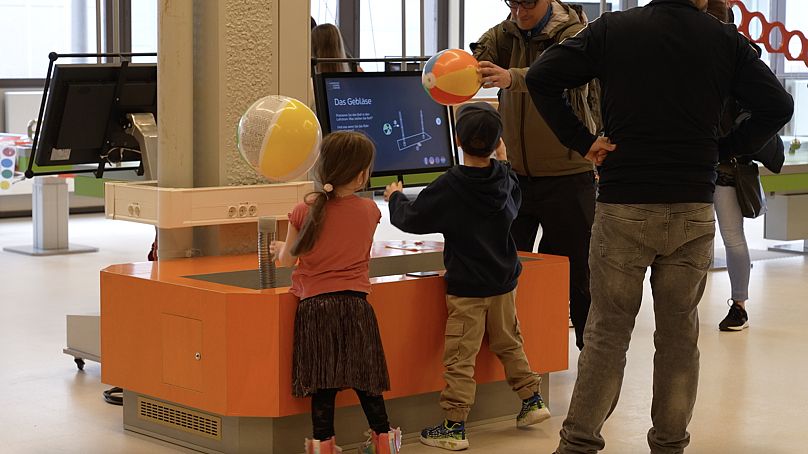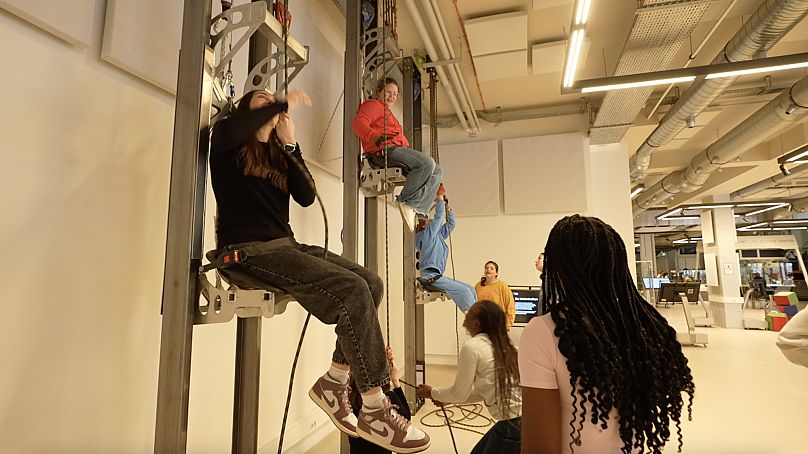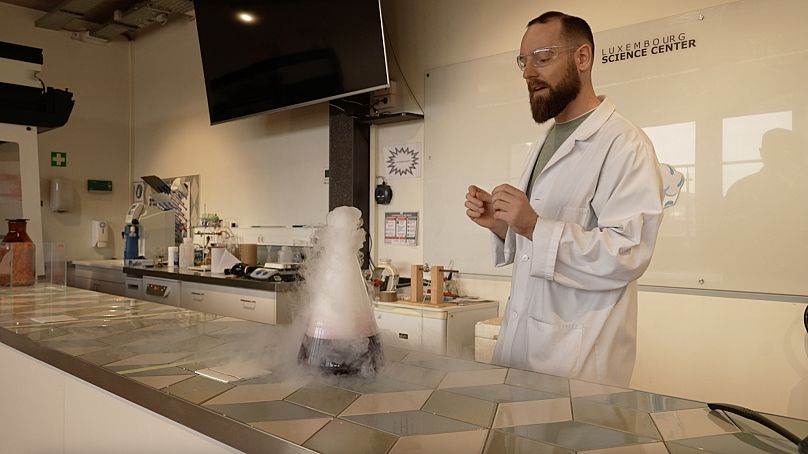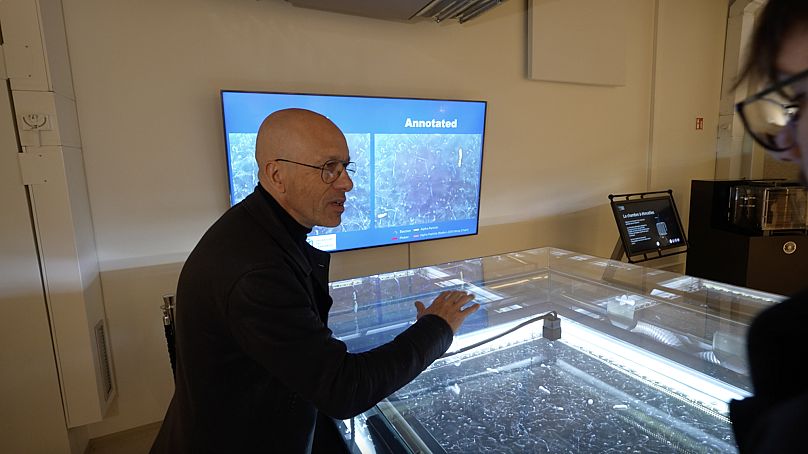Everyday decisions such as recycling or buying an electric car require basic scientific knowledge. Professor Pascal Waechter tells us about the importance of teaching science through experiences, such as those offered by the Luxembourg Science Center.
"In my teaching, I focus a lot on experimentation because we have found that we are able to engage a lot of students, who are discouraged by the more mathematical aspect," says Pascal Waechter, science teacher at the International School of Differdange in Luxembourg, located just a few steps from the Luxembourg Science Center.
In addition to families from all the central European countries - France, Germany, Belgium and the Netherlands - the museum is visited every day by several schools with children and young people of different ages, from 6 years upwards.
Science has generally been seen as "dull" because it was taught with formulas, demonstrations and mathematics, explains Pascal, but the Luxembourg Science Center and schools want to reverse this way of learning about science.
In this museum there is a part of independent exploration by the students thanks to the touch screens with information in five languages, but "a scientific mediator can accompany them and go deeper into the more complex explanations on specific subjects, as the teacher is usually more general".
In addition to exploration, the Luxembourg Science Center offers a number of workshops and shows led by science mediators. The museum offers workshops in various subjects such as optics, electricity, mathematics, physics and chemistry, among others. The centre's mediators are specialised in a scientific field.
"Today we came to a workshop on polymers, where they looked at the topic of plastics: what are they? How can they be recycled? Can we limit their use? What are the alternatives," says Pascal. We are trying to awaken the curiosity of the pupils in relation to questions that have to do with our daily lives," he explains. "So we train citizens, not just scientists".
There are experiences that cost millions of euros, such as the planetarium or the fog room. "These are experiences that a school could not offer," says Pascal. The teacher stands in front of the fog room and explains to his students how it works. "This camera makes it possible to see the trajectory of radioactive particles invisible to the eye".
As for the impact on students' decision to go into science, "we have to be honest, we are not just going to train scientists," says Waechter. "In a class, there may only be 10 to 15 per cent of students who are science-oriented, if we can increase this number a little bit, that's great," says the teacher.
"As not everyone is going to be a scientist, the development of general knowledge is really vital for me. Therefore, the aim of the science centre is not only to motivate people to become scientists.
But we need science in our daily lives. It is really important to make the right choices as citizens and as consumers, he argues. "So that's the mission of our teaching: to try to encourage students to think critically and ask questions," concludes Pascal Waechter.















